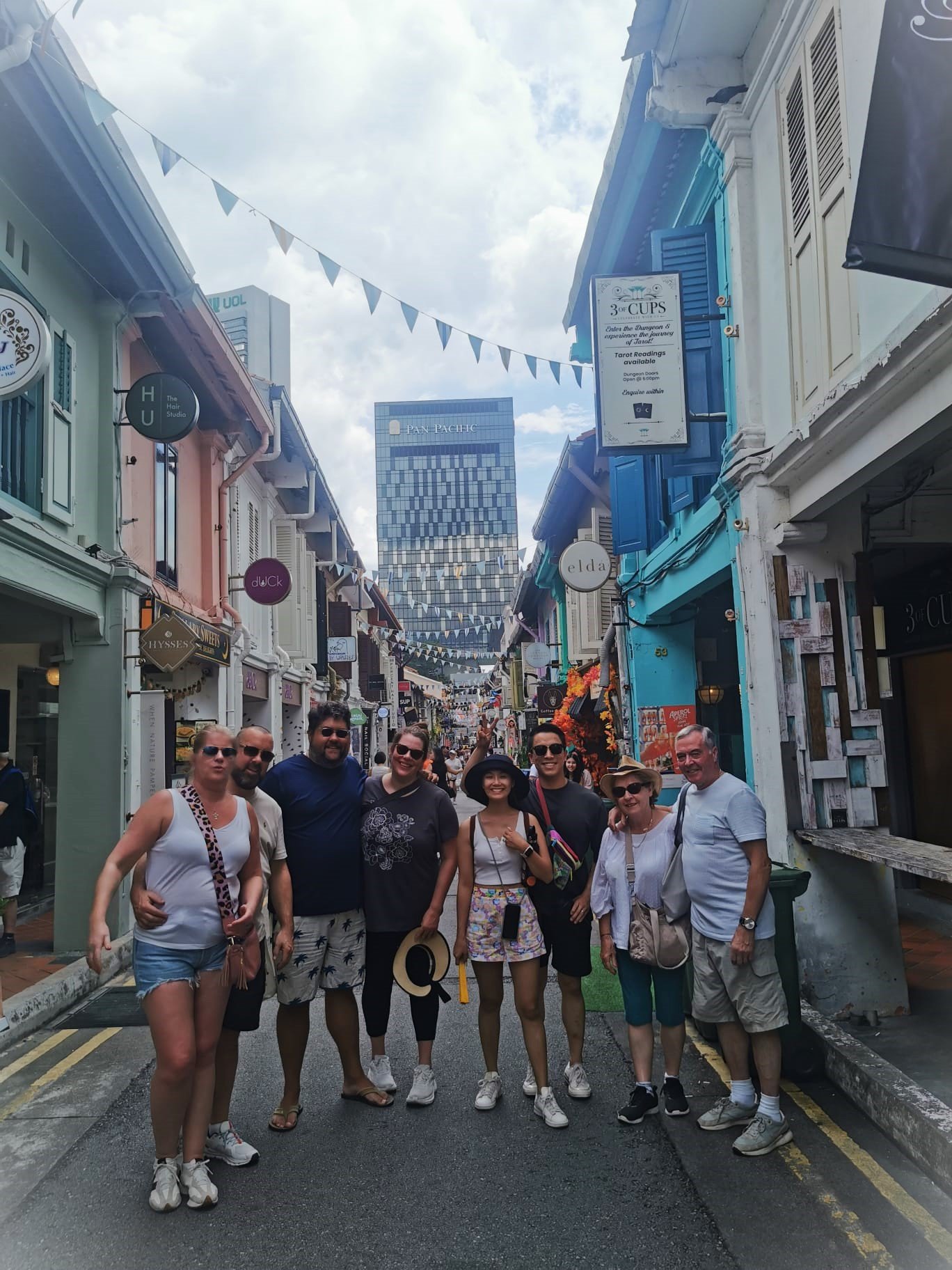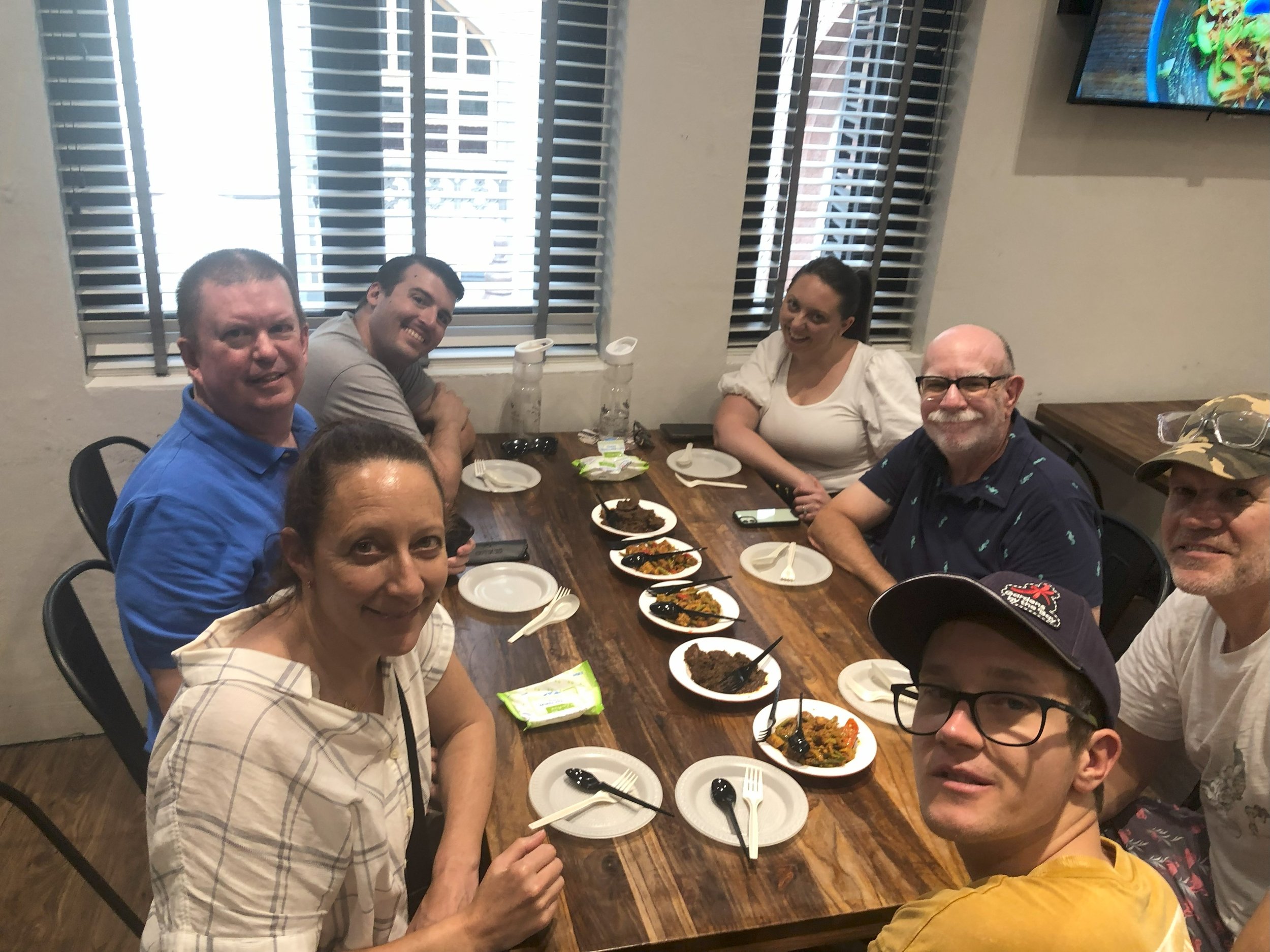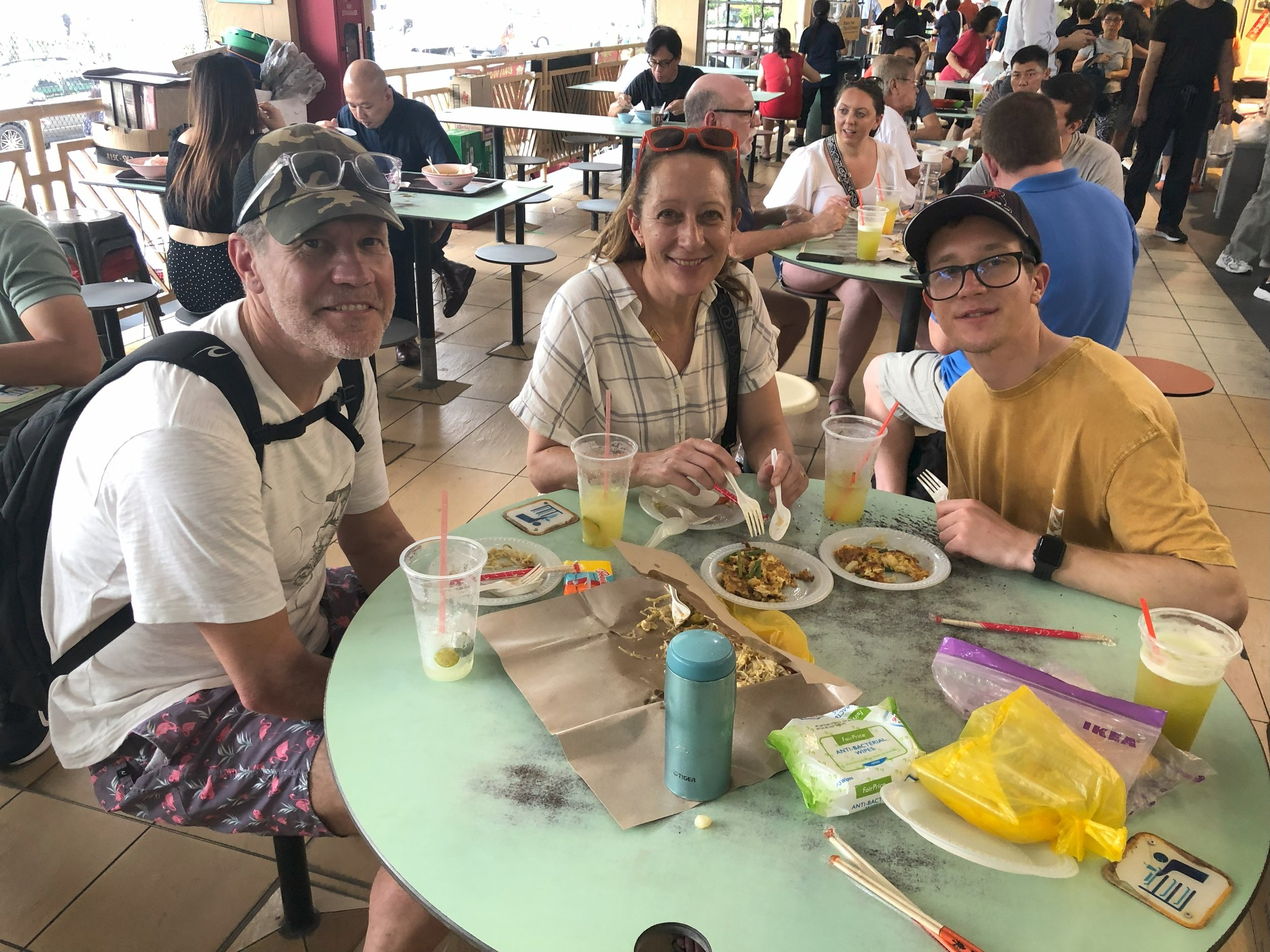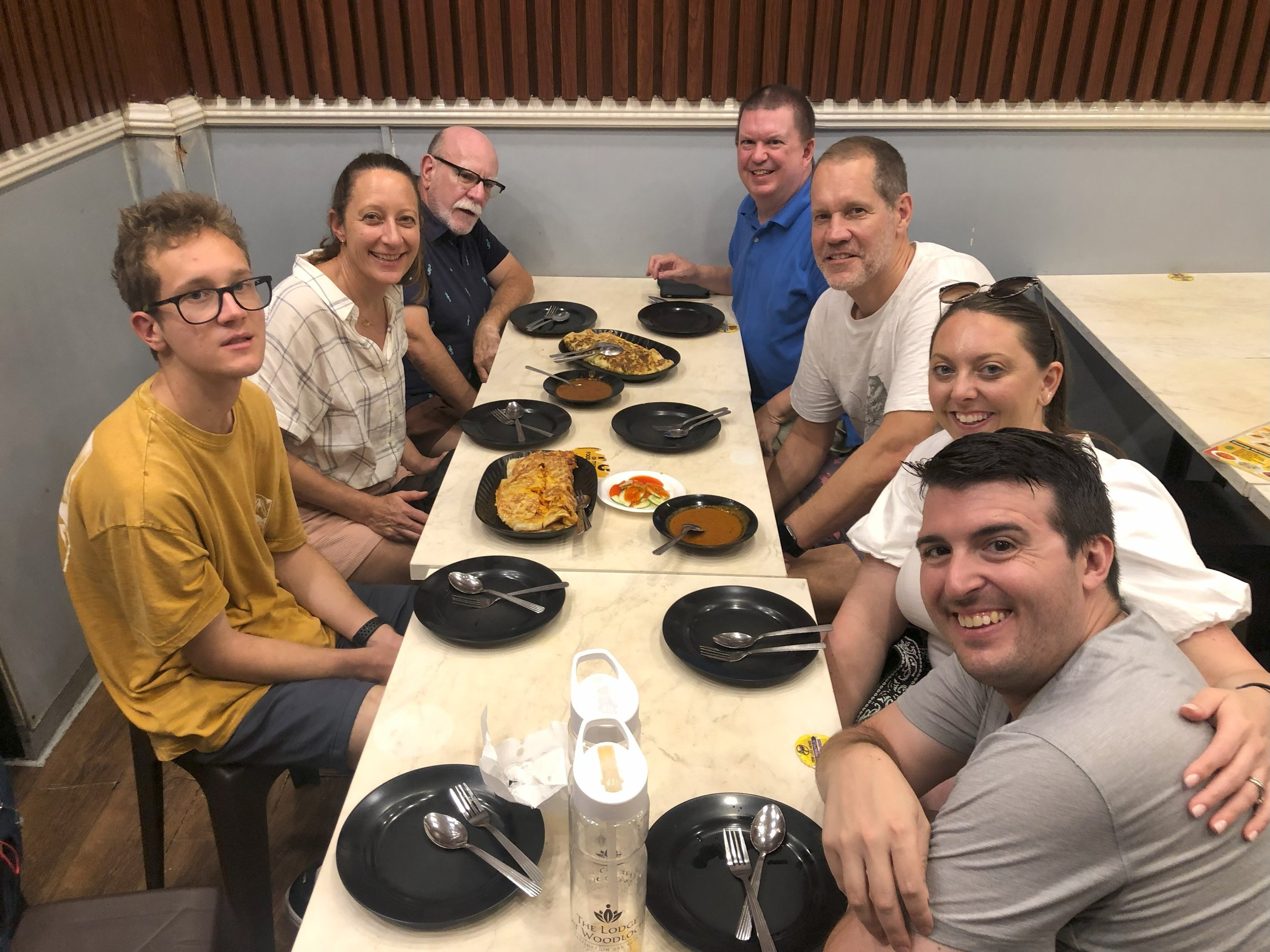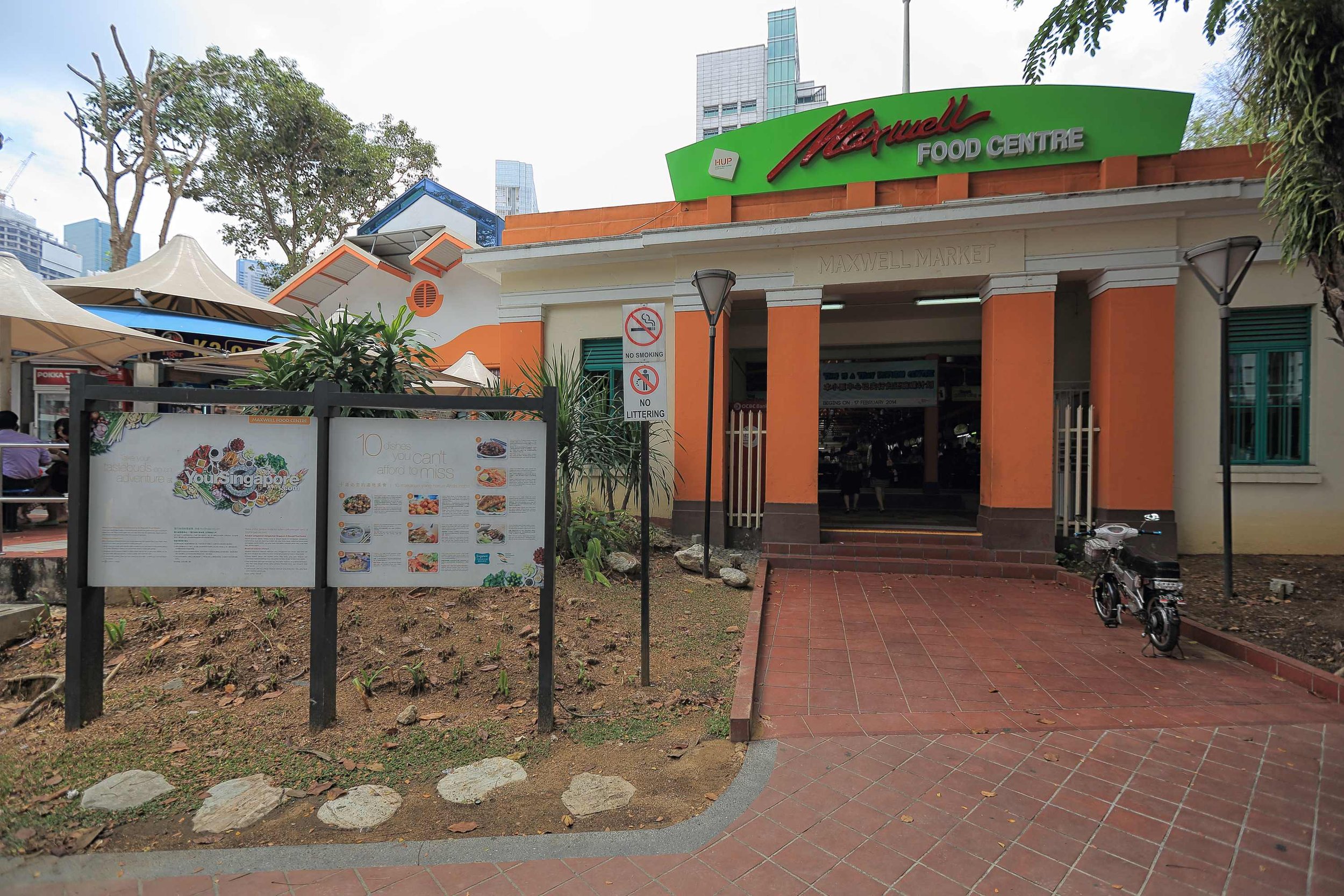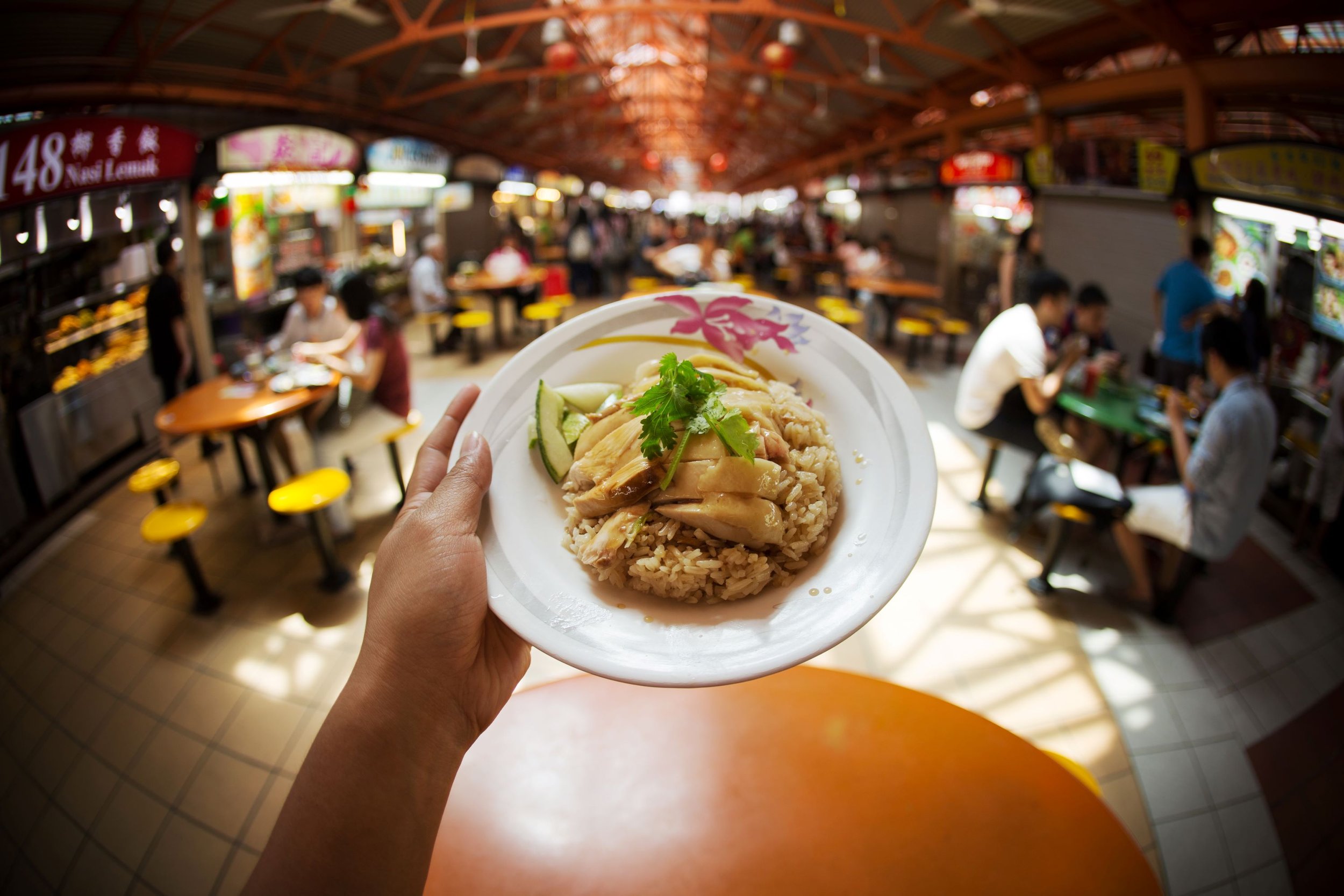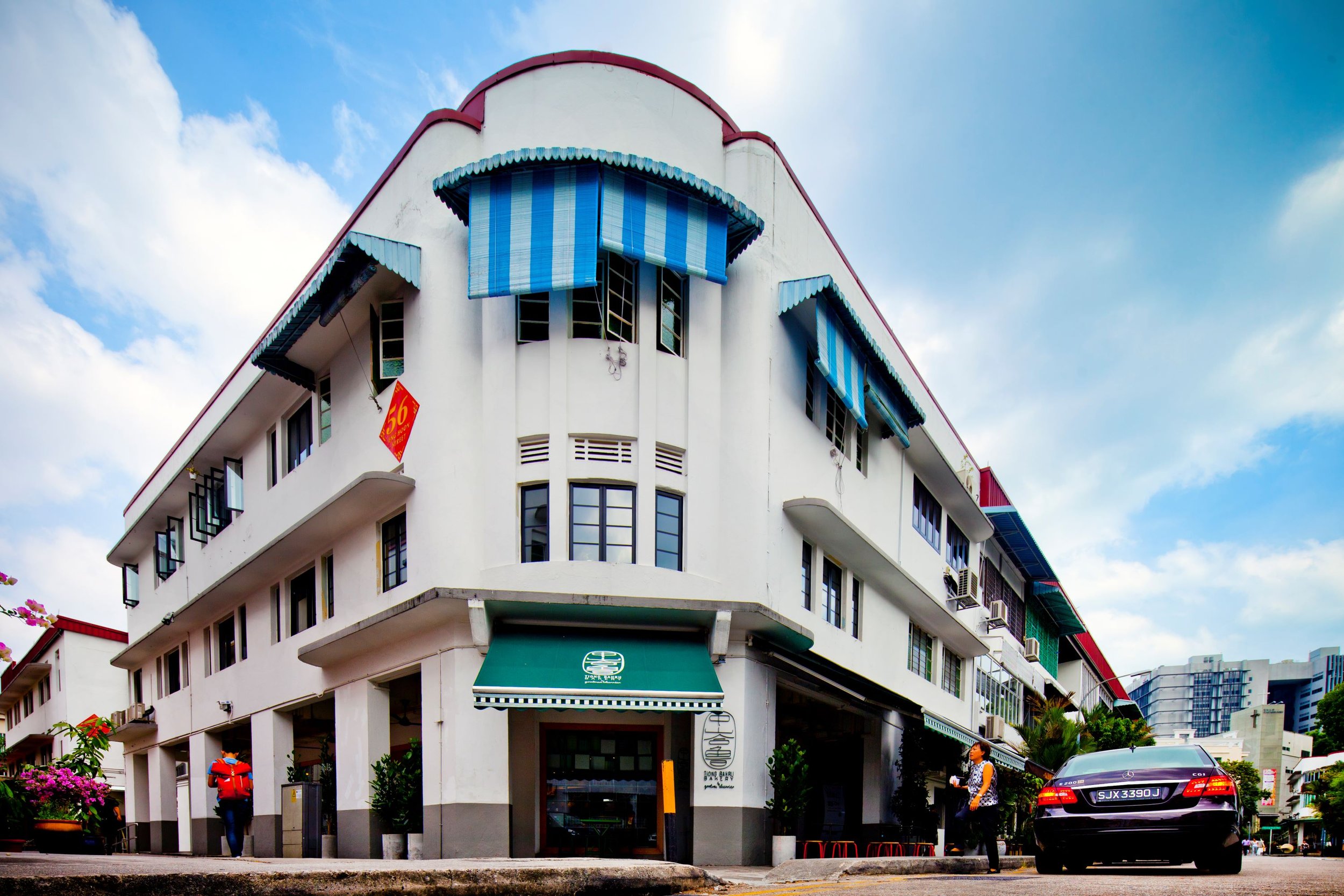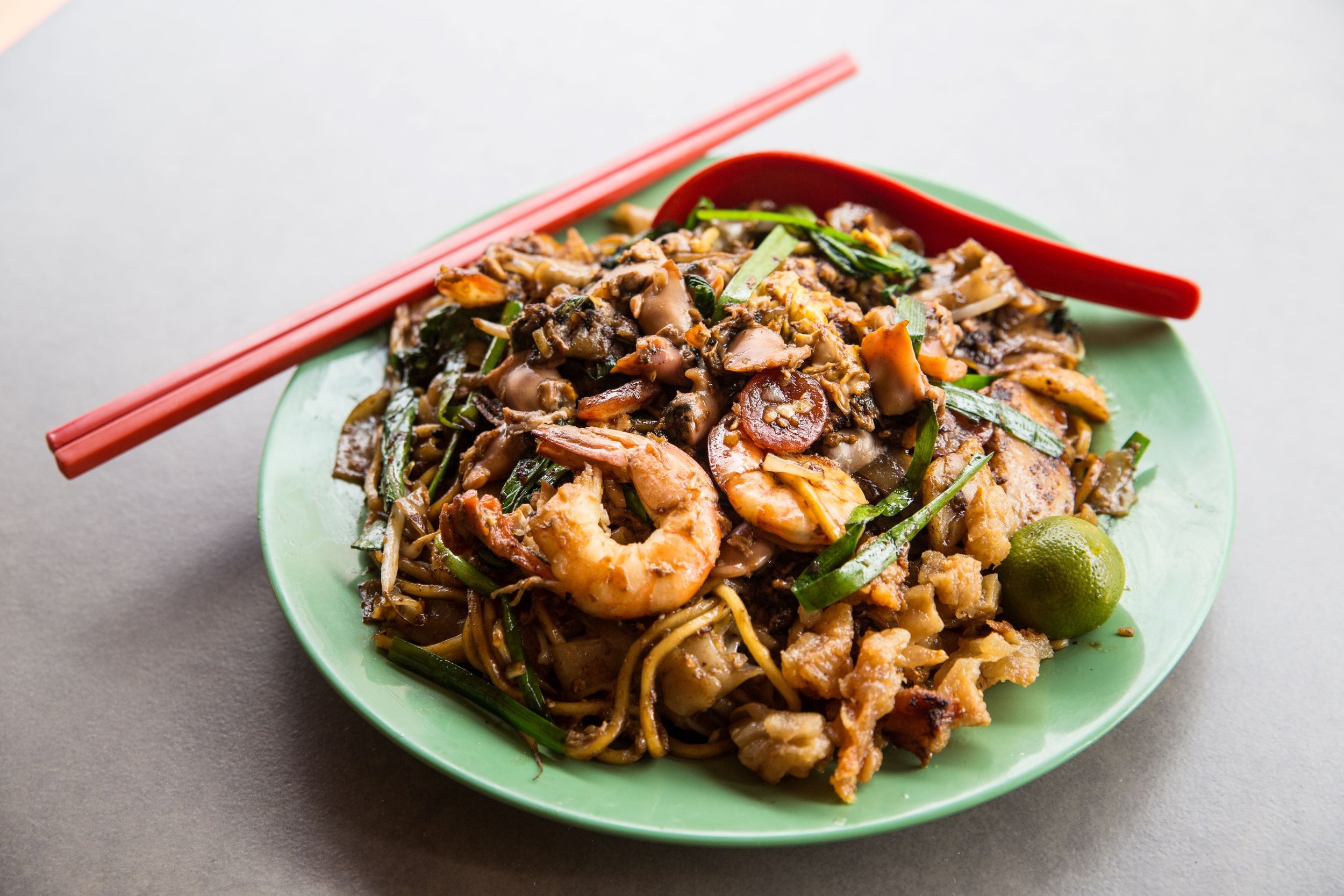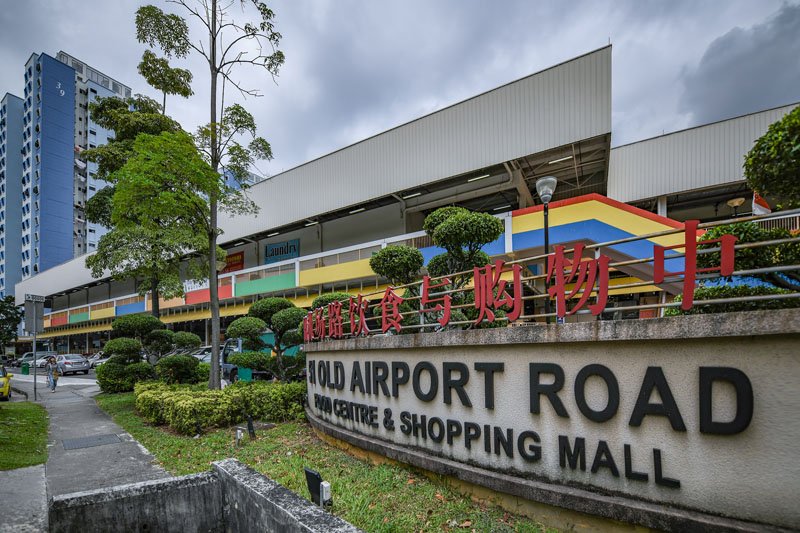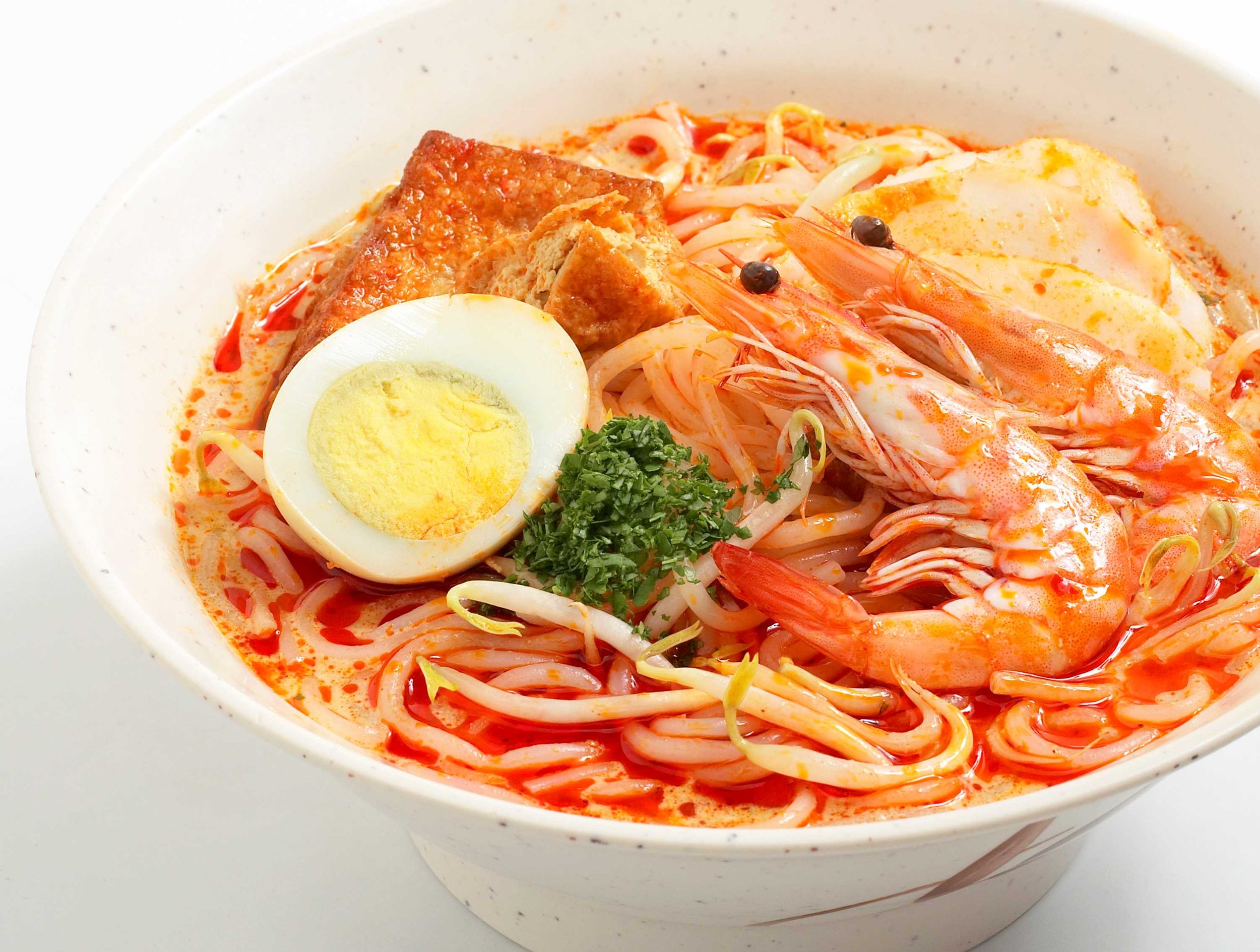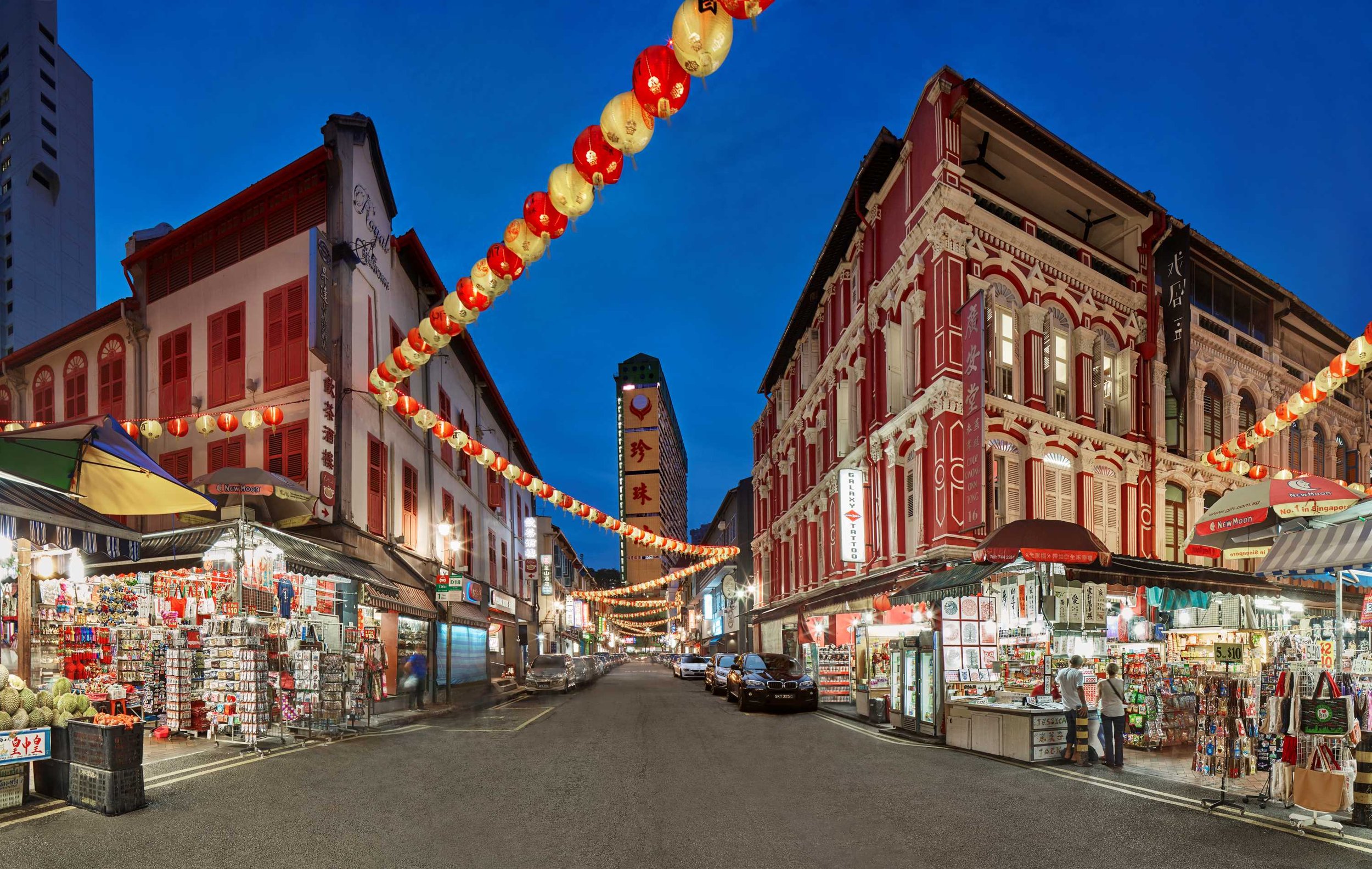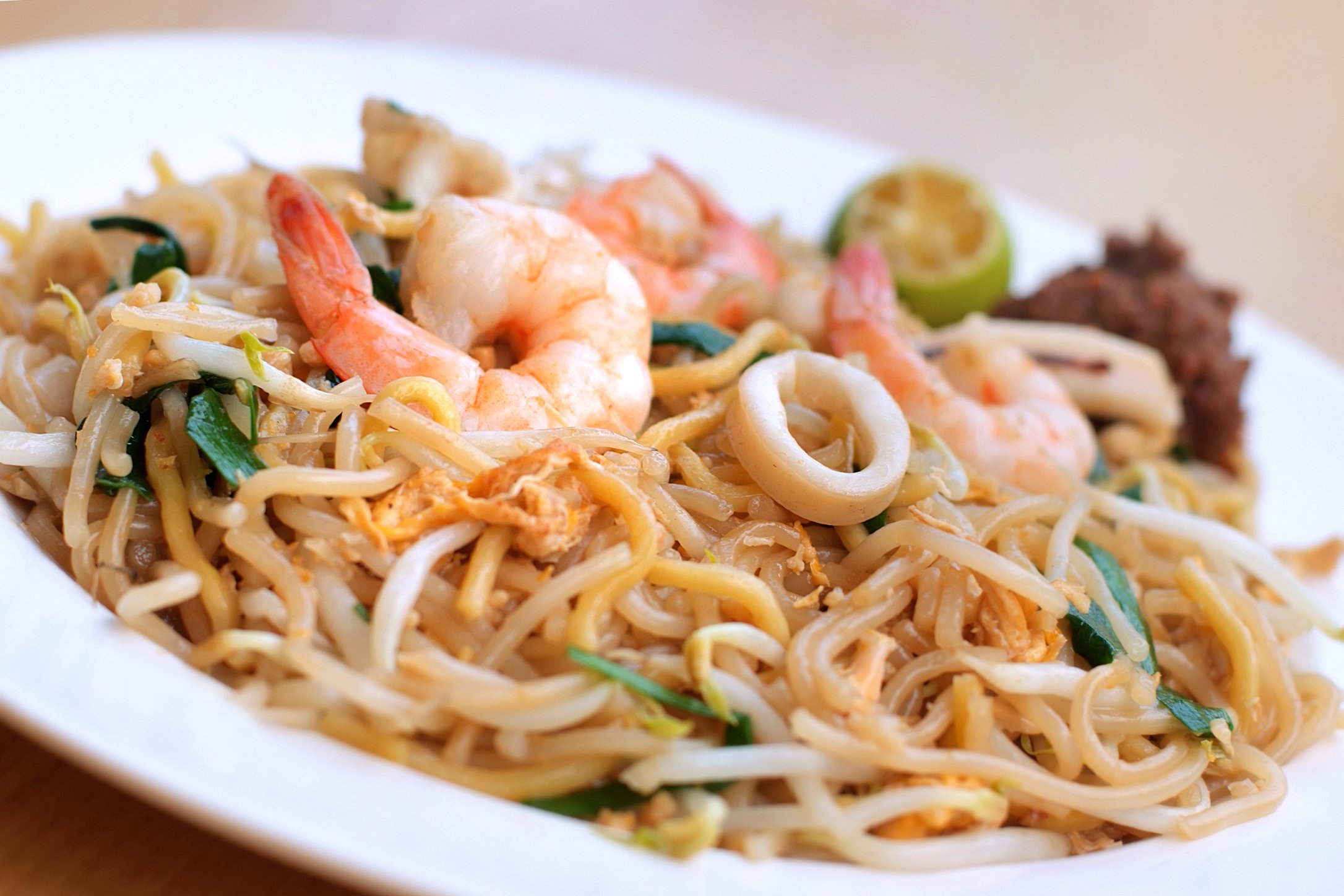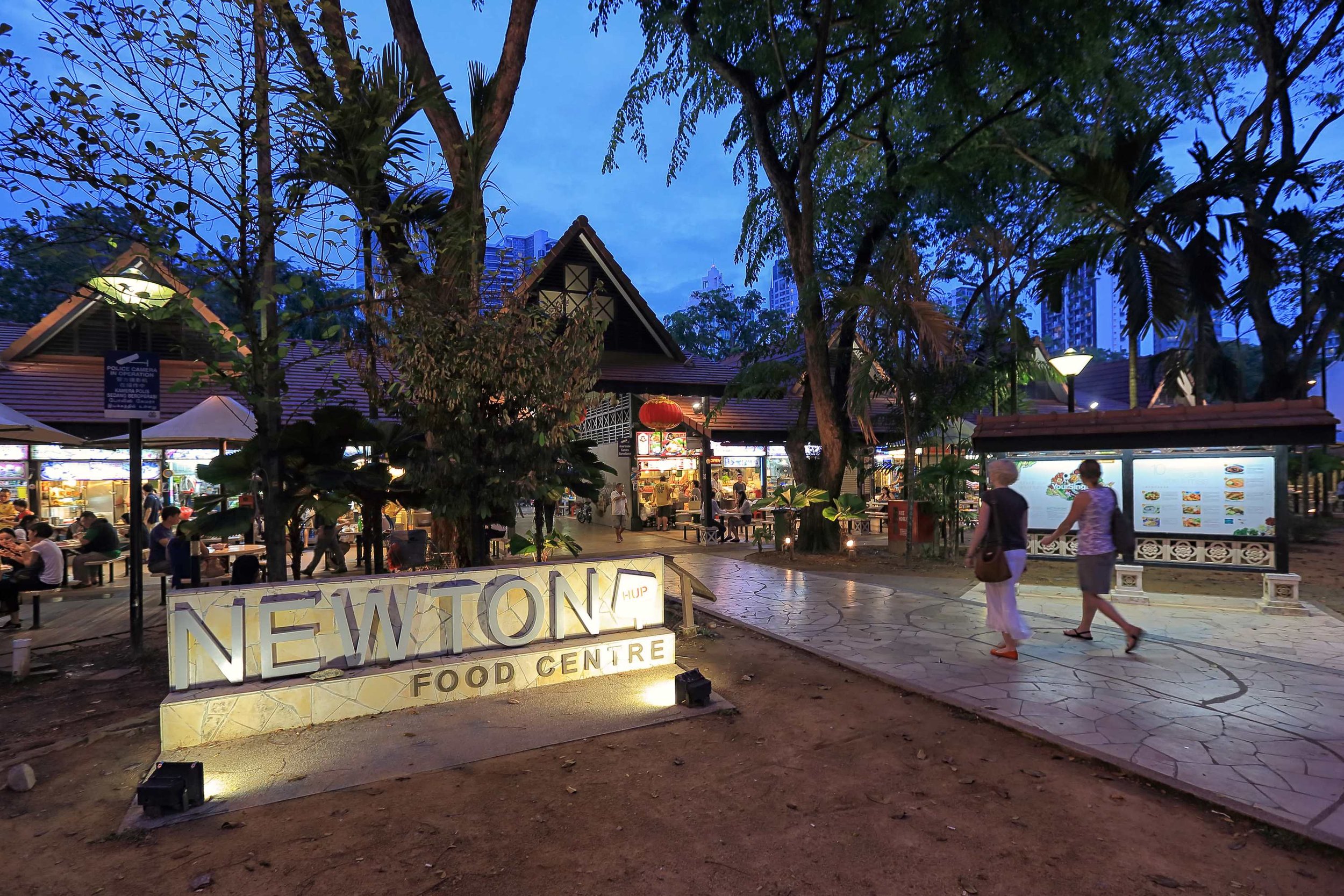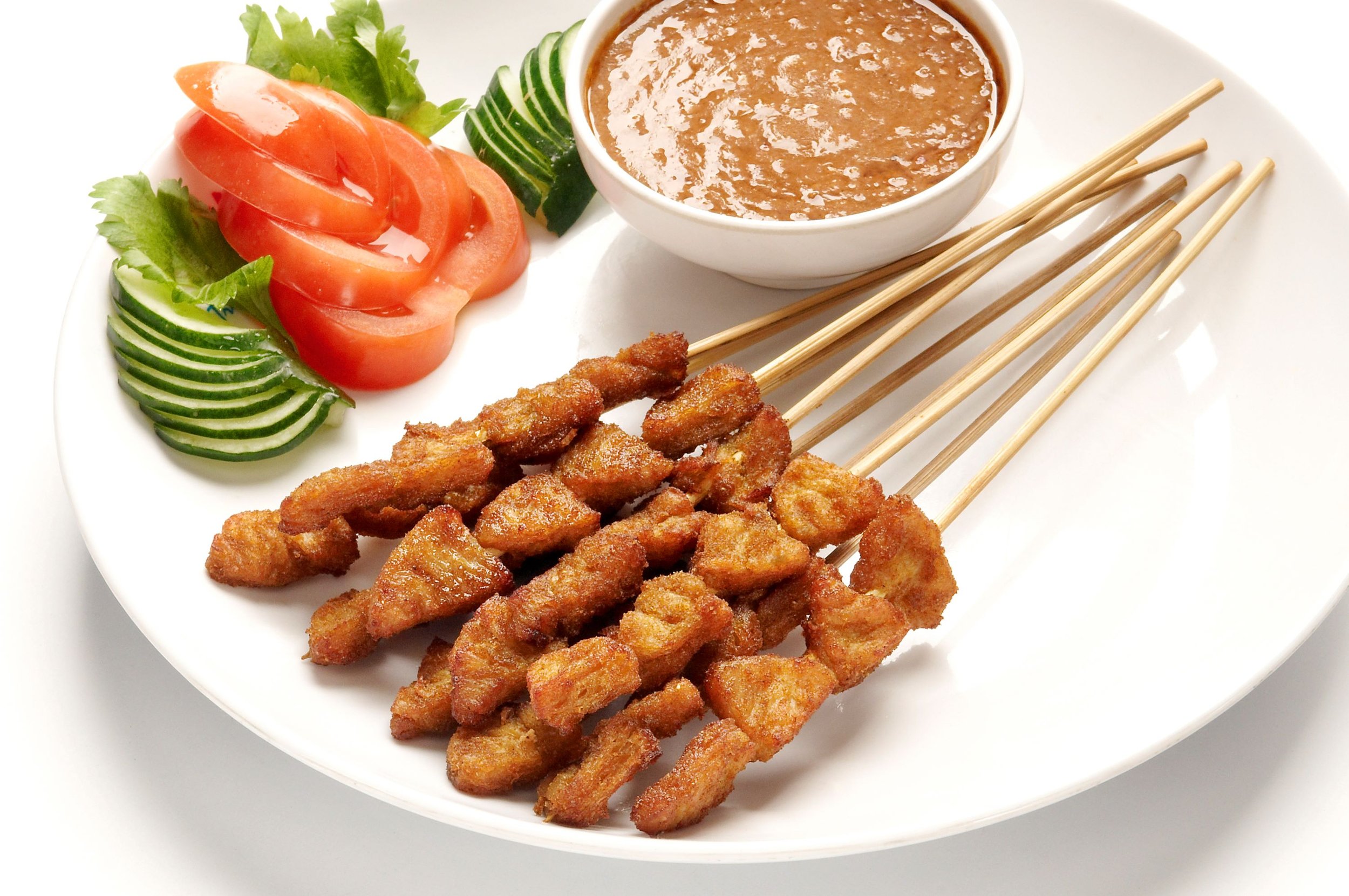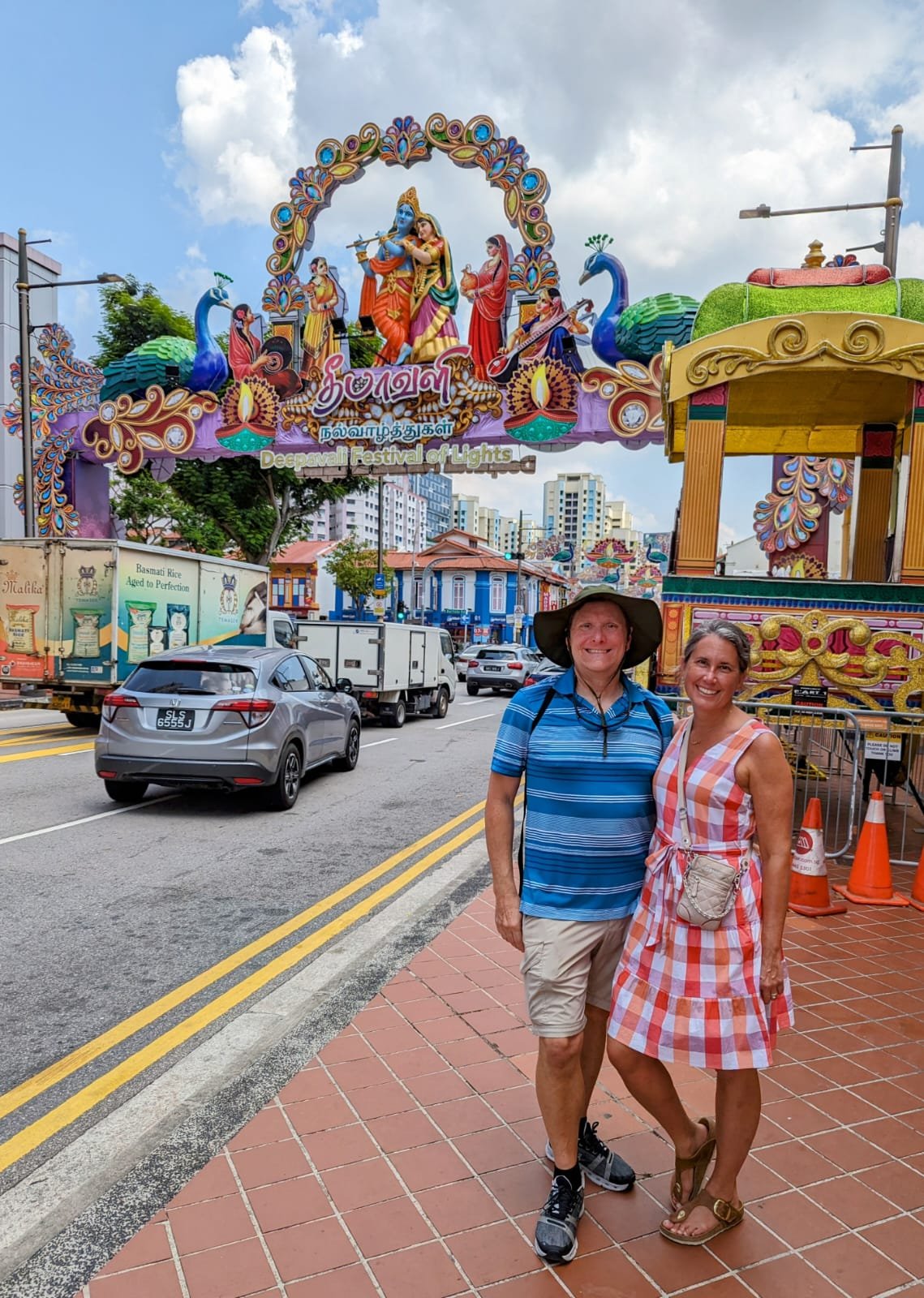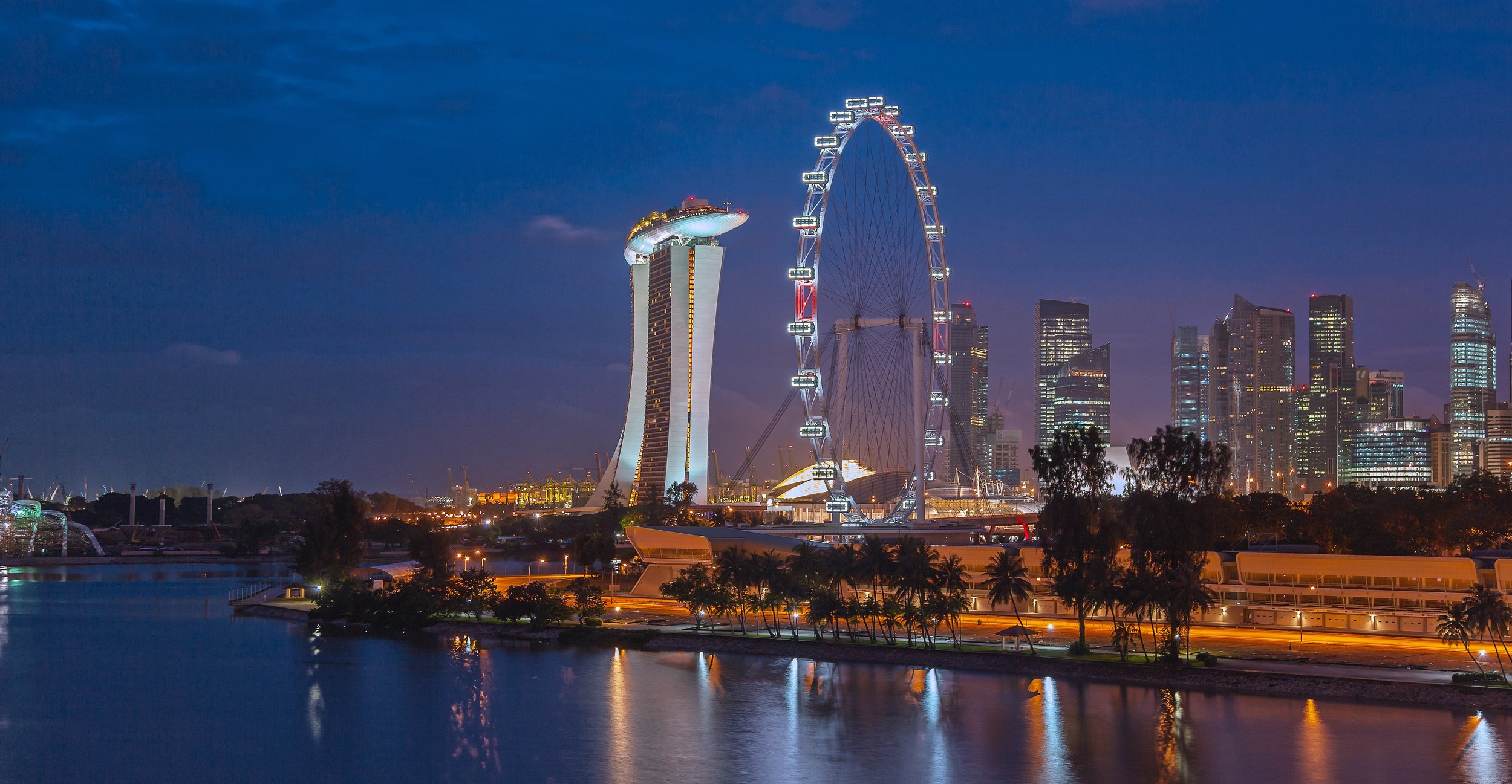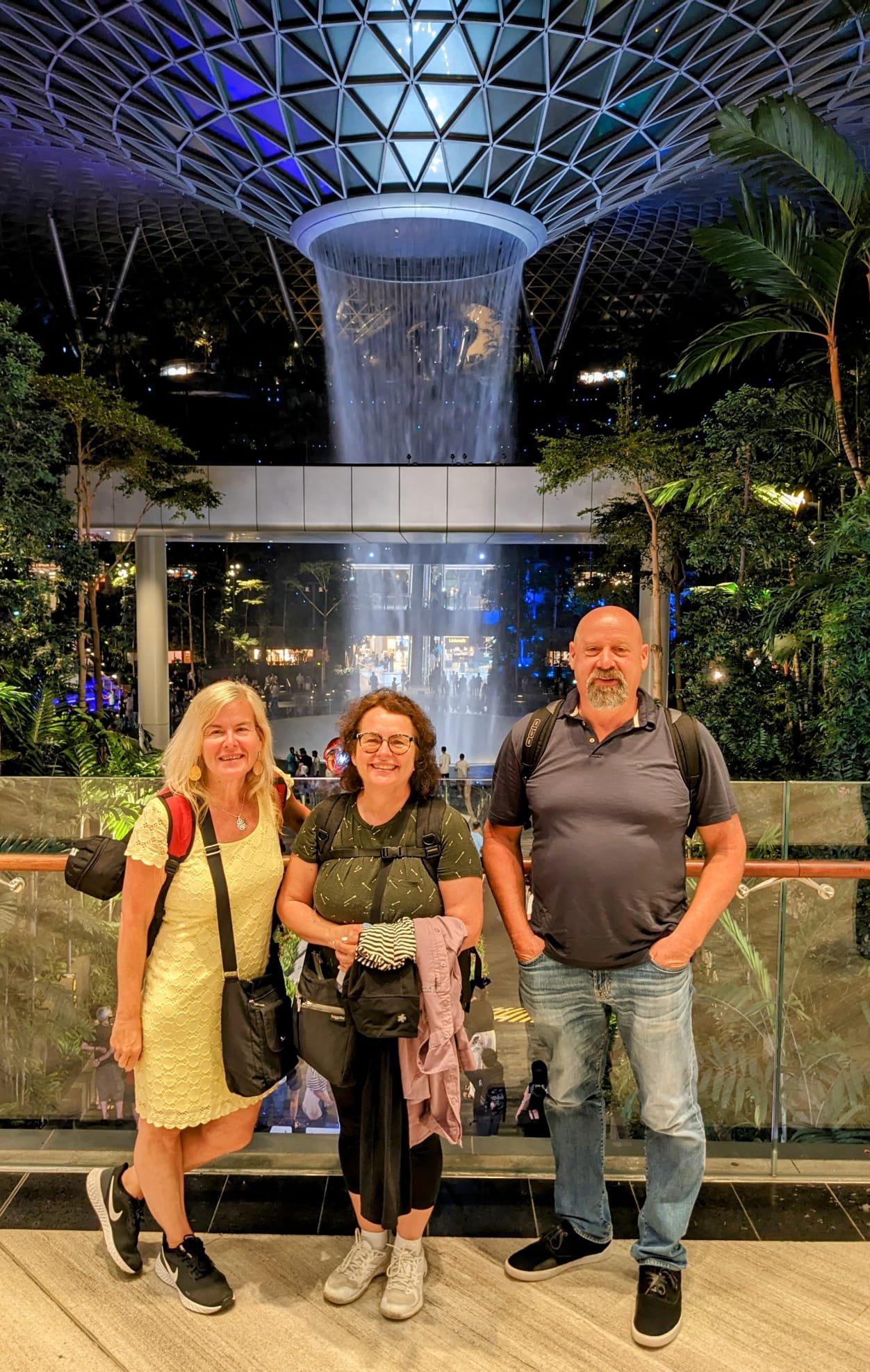Respect for Multiculturalism
Singapore is a melting pot of different cultures, including the Chinese, Malay, and Indian populations as well as various expatriate communities. Regardless of who you talk to, it’s generally accepted that Singapore was only able to progress as it had because of the way these various communities worked together to build the country. As a result, most locals will express distaste for public expressions of cultural chauvinism. While Singapore’s multiculturalism is far from perfect, it’s still a good idea to refrain from making inflammatory remarks about culture and ethnicity while you’re in the country.
Shopping Culture and Consumer Protection
As a global trade nexus, Singapore boasts a vibrant shopping scene and robust consumer protection laws. Visitors can find an array of amazing deals on a variety of items, particularly electronics and precision-made items with little fear of being scammed. Given this, tourists and procurement managers even commonly source cheap mobile phones in Singapore, as well as other popular consumer electronics.
However, despite the great prices and remarkable levels of protection afforded to consumers, you can still be ripped off if you don’t know what you’re doing. Before purchasing big-ticket items, it’s a good idea to compare product features, prices, and reviews using reputable metasearch engines. Doing some homework beforehand will not only ensure you get the best prices but also the best protection possible.
Greeting Customs
When meeting someone in Singapore, a handshake is the most common form of greeting, especially in formal settings. Some locals may also give a slight bow as they shake hands. It's important to note that, when addressing someone, you should use their title or surname unless invited to do otherwise. Avoid touching anyone on the head, particularly children, as this is seen as highly disrespectful by many locals across different ethnic groups.
Punctuality and Time Management
Singaporeans value punctuality and efficiency. Being “fashionably late” is not a thing for locals, and it's universally considered polite to arrive on time for meetings, social gatherings, and appointments. If you are running late, it is courteous to inform the person or party you are meeting as soon as possible.
Dining Etiquette
Singaporeans take dining etiquette seriously. When invited to someone's home or dining out, it is customary to wait for the host or the eldest person to start eating before you begin. Use utensils appropriately, and avoid placing chopsticks upright in your bowl as it resembles a traditional Chinese funeral ritual. It is also polite to sample a bit of everything on your plate. However, it’s seen as a major faux pas to not finish what you put on your plate as many Singaporeans, particularly from older generations, dislike seeing food get wasted.
Clothing and Modesty
Singapore has a humid tropical climate, but it is seen as important to dress modestly, especially when visiting religious sites or formal establishments. Avoid wearing revealing clothing, and dress respectfully by covering your shoulders and knees. Additionally, it is customary to remove your shoes before entering someone's home or certain establishments, such as temples or mosques.
Public Behavior
Singapore is known the world over for its cleanliness and public order, and most locals enjoy this reputation. Given this, it’s important to respect public spaces by not littering, spitting, picking flowers, or smoking in non-designated areas. Chewing gum (unless prescribed by a doctor) is also famously prohibited in Singapore, so it’s advisable to avoid bringing gum into the country.
Public Displays of Affection
While things have been changing somewhat in recent years, most Singaporeans frown upon public displays of affection, such as kissing, hugging, or holding hands, considering these to be only appropriate in private. While it is acceptable to show affection in moderate ways, it's advisable to be mindful and tone down any overt displays of affection in public places.
Tipping and Service Charges
Tipping is not widely practiced or expected in Singapore. Most restaurants and hotels include a service charge in the bill, which is typically around 10%. This means that tipping is not necessary, but you can still offer a small tip if you feel the service has been exceptional. However, tipping is more common in high-end establishments where exceptional service is provided, where it is appreciated but not at all obligatory.
